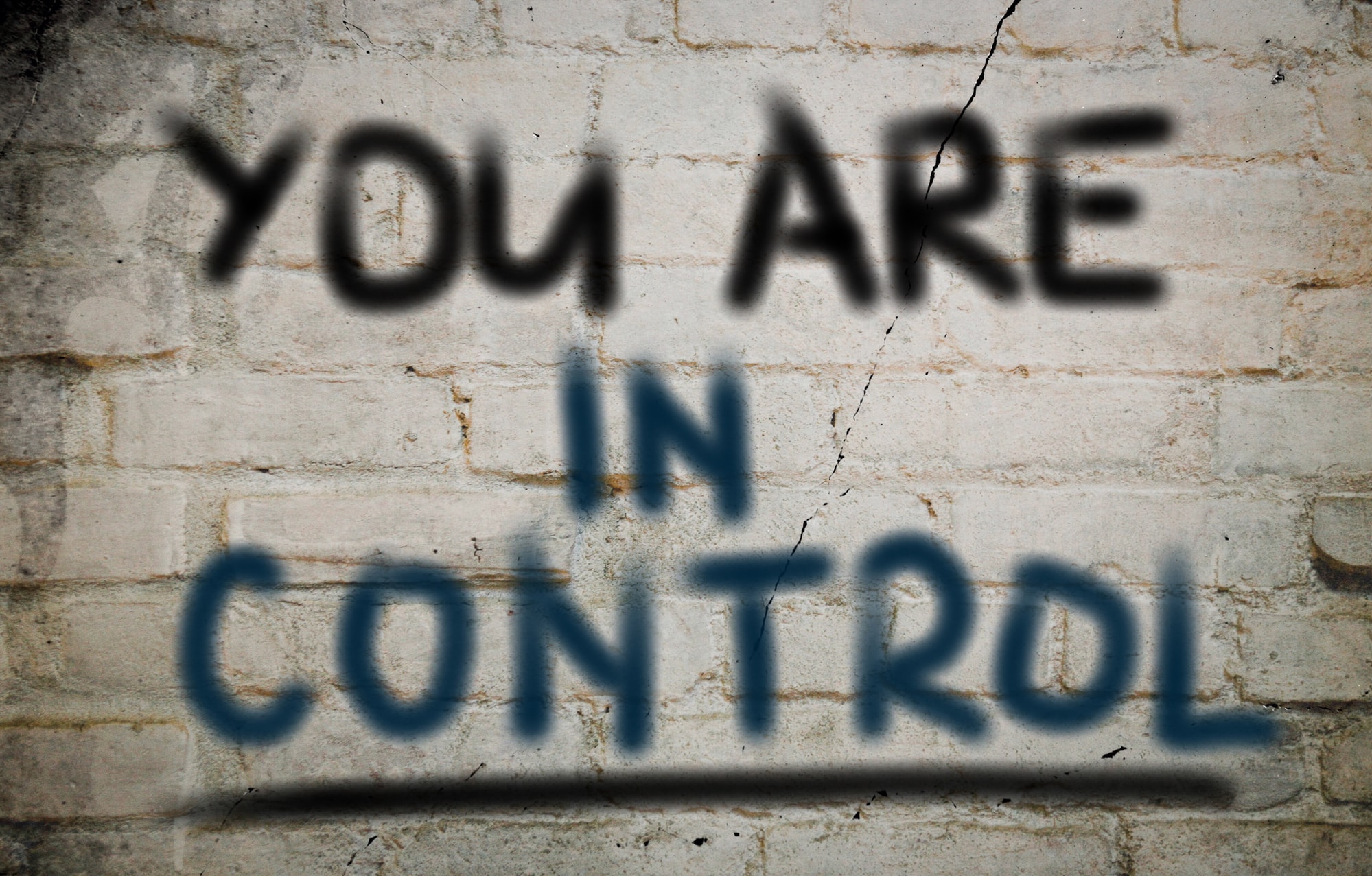Get Control of Your Divorce With These 3 Strategies

Divorce can be one of the most difficult life events that anyone can go through – but that doesn’t mean that you have to be a victim of it. By developing smart strategies for divorce, you can take control and manage how you experience it. Here’s how:
Choose the attorney and type of divorce that’s right for you. Think carefully before you go out and hire a shark attorney. Super-aggressive attorneys often create more conflict – and expense — than necessary. In fact, they can turn a garden-variety divorce into an acrimonious one. Many attorneys now favor mediation or collaborative divorce. Mediation is a low conflict form of divorce in which divorcing spouses work through asset division, child custody and all other issues of divorce with the help of a third party mediator. Your attorney may be present, or may simply consult during the mediation process.
Collaborative divorce uses specially trained collaborative divorce attorneys. Like mediation, it aims to avoid litigation. In this type of procedure, you and your ex will be joined by other professionals, such as forensic accountants, divorce coaches, or therapists. One downside: if you can’t settle, you have to start the process over with an entirely new legal team. (This is incentive to stick with the process.)
If your divorce is high conflict with a number of contested issues, such as a thorny asset division disagreement or child custody battle, you may need to go to court, and in that case, you’ll need an attorney who’s an experienced litigator. Be aware that at any point in the litigation, you and your ex have the ability to try mediation or negotiation. Your attorney should be able to make this switch from high to low conflict divorce with ease.
Implement a low-conflict communication protocol. Email and texting are easy ways to engage in divorce warfare. They provide 24/7 access to your spouse without an in-person exchange. Because you don’t have to actually see the person, or risk a real-time response, you may be tempted to write things you’d never say in person. Many people use emails and texts to engage in a never-ending debate by trying to prove they’re “right,” or simply terrorize the other through threats and insults. Dial down the intensity of your divorce by adhering to a low-conflict communication protocol: be concise (less is more!), informative (no opinions, advice, or airing of feelings), neutral in tone (no sarcasm or put-downs), and firm (set a boundary and stick to it).
Practice self-care. It’s hard to feel in control of anything when you’re not taking care of yourself. The stress of divorce can make sleeping and eating challenging, but do what you can to keep your body running optimally. Ward off insomnia by setting a “divorce curfew” – cease all divorce-related activity by 8 pm. Steer clear of the “divorce diet” (losing too much weight too fast) by eating frequent, small meals. Regulate your mood and burn off stress through exercise and meditation. And don’t isolate! Studies consistently show that social connection improves mental health and boosts immune system functioning.
A final word about getting control of your divorce: it’s normal to lean on friends and family, but be wary of overloading them with your raw emotions – or taking on theirs. While it may initially feel comforting that your loved ones hate your ex as much as you do, taking on their fear and anger will just make you feel worse. A better alternative is to see a therapist who will be objective, help you develop coping skills, and shift your focus from your ex to managing your own reactions. You got this!
What can you do to gain control in your divorce. Schedule a confidential consultations with one of our highly skilled family law attorneys. Get answers to all your questions and start safeguarding your future today. Call us at 888-888-0191, or please click the button below



